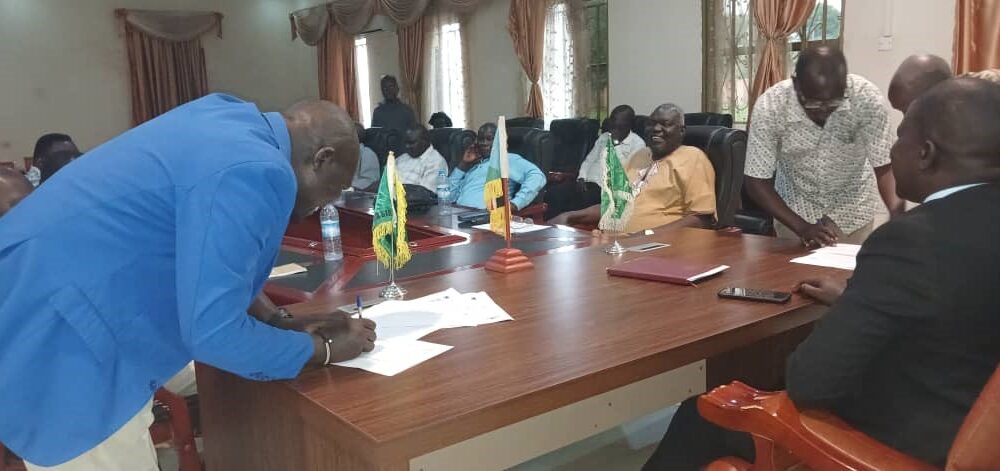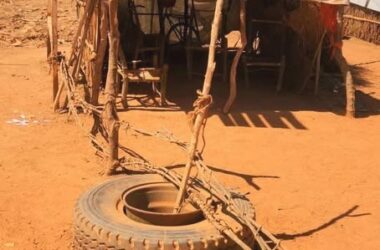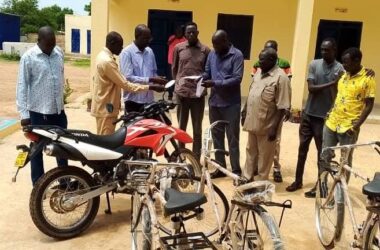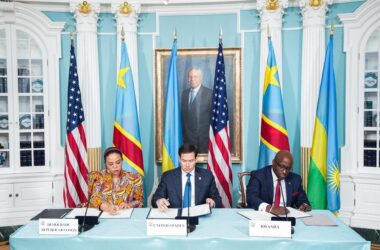By Alan Clement
Logo and Goja Boma communities in Yei River County have donated a 250×250 meter parcel of land in Hai Dam area for construction of solar plant.
The Solar plant is poised to bring much-needed light, power, and development to the county.
The land donation was formalized through an agreement signed by the local land committee and the Yei County Government, with senior officials from the Ministry of Energy and Dams witnessing this pivotal community-led initiative.
“We’re doing this not just for ourselves, but for future generations,” declared Executive Chief Charles Lugala Bashir at the signing ceremony.
“This project will bring light to our homes and power to our dreams,” His words captured the deep commitment of the community to State and National progress.
Looking ahead, Assistant Project Manager Richard Bariso announced upcoming activities, including a stakeholder workshop focused on environmental and social safeguards.
This will be followed by a traditional cultural ceremony to bless the land, honoring local customs.
Emmanuel Taban Seme, Commissioner of Yei River County, highly praised the community’s generosity, underscoring the solar plant’s transformative potential.
He highlighted that the project is expected to create vital job opportunities during both its construction and operation.
Beyond employment, the solar plant will significantly improve energy access for both households and businesses, boosting economic productivity across the county.
In the long run, Commissioner Seme anticipates the initiative will attract new investments, stimulate locais businesses, and solidify Yei’s growing reputation as a development hub.
A vital clause in the agreement ensures that the land will revert to the Logo and Goja community if it’s no longer used for the solar project, a safeguard warmly welcomed by local leaders.
This voluntary land donation is a powerful testament to what communities can achieve when they unite for a common goal.
As South Sudan continues to address its energy challenges, the proactive stance of Logo and Goja Boma offers a compelling blueprint for progress: one built on local ownership, cooperation, and a shared commitment to a brighter, more sustainable future.




